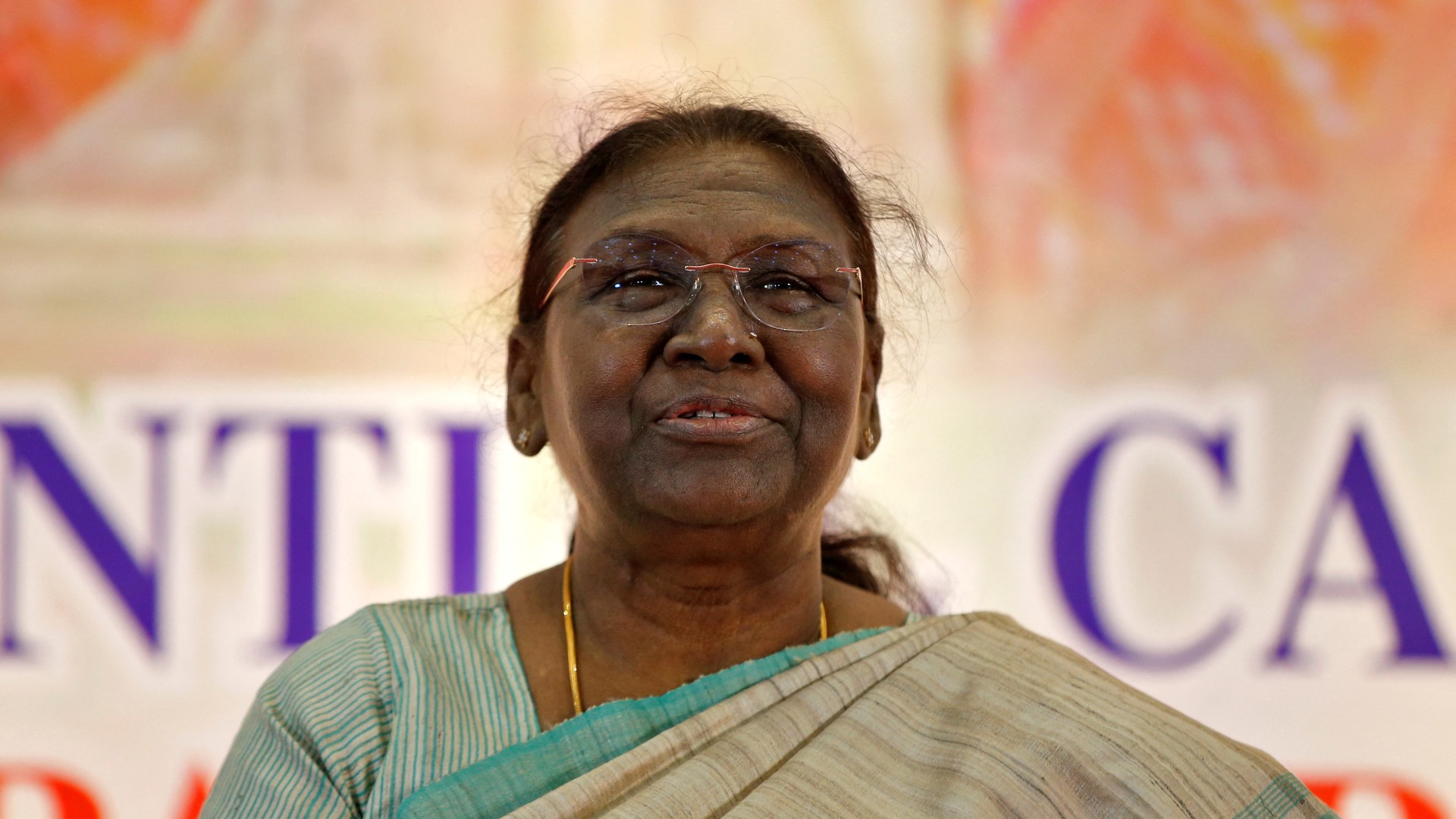President Gives Assent to Waqf (Amendment) Bill, 2025 Amid Political Firestorm
New Delhi, April 6: President Droupadi Murmu has given her assent to the Waqf (Amendment) Bill, 2025, days after its passage through Parliament following marathon debates in both Houses. The legislation, hailed by the government as a major reform, has triggered intense political debate across the country.
The Bill was cleared in the Rajya Sabha in the early hours of Friday with 128 votes in favour and 95 against, after a nearly 17-hour discussion. The Lok Sabha had passed it earlier in the week after a 13-hour session.
Calling it a “watershed moment,” Prime Minister Narendra Modi said the legislation would usher in a new era of transparency and accountability in the management of waqf properties. “This legislation will boost transparency and safeguard people’s rights,” he posted on X.
The new law aims to reform the governance of waqf properties, ensure broader representation from various Muslim sects on waqf boards, and enhance transparency. It also includes provisions to protect heritage sites and extend welfare measures to marginalized communities, including Muslim widows and divorcees.
Minority Affairs Minister Kiren Rijiju, who piloted the Bill, stated that the reforms are aimed at empowering poor Muslims and are the result of wide stakeholder consultation. He emphasized that the Central Waqf Council will remain inclusive, with a maximum of four non-Muslim members in the 22-member body.
Opposition parties have strongly opposed the Bill. Congress MP Dr. Syed Naseer Hussain labelled it “misleading” and “divisive,” while DMK’s Tiruchi Siva and TMC’s Mohammad Nadimul Haque called it unconstitutional and a violation of fundamental rights. AAP’s Sanjay Singh demanded immediate withdrawal.
Union Home Minister Amit Shah countered that the opposition was spreading misinformation, while BJP President JP Nadda said the legislation aligns with the government’s UMEED initiative — Unified Waqf Management Empowerment, Efficiency and Development.
Former Prime Minister and JD(S) leader HD Devegowda voiced support, stating that waqf properties had been historically misused by the elite. BJP MP Radha Mohan Das added that the Bill aims to uplift poor Muslims who had long been ignored by previous governments.
Meanwhile, Leader of the Opposition Mallikarjun Kharge urged a rollback, citing constitutional violations. AIADMK’s Dr. M. Thambidurai welcomed reforms in board composition, while Minister Ramdas Athawale claimed the Bill benefits all minority communities.
In a related move, Parliament also passed the Mussalman Wakf (Repeal) Bill, 2025, effectively scrapping the century-old Mussalman Wakf Act of 1923 to eliminate outdated legal frameworks.
With the new law now in effect, its long-term implications remain the subject of fierce political debate. While supporters see it as a step toward inclusion and transparency, critics warn of potential centralisation and reduced autonomy for minority institutions.

